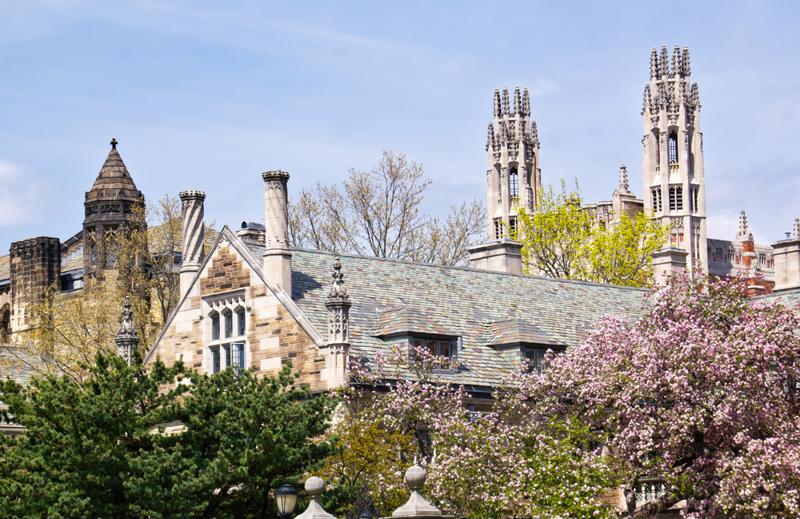Ivy League colleges are notoriously selective. The institutions in this illustrious group maintained a collective acceptance rate of just over 8 percent for the class of 2020, according to Business Insider. In four years, an estimated 23,129 Americans will depart elite Ivies with undergraduate degrees. Unfortunately, very few will of these graduates will be veterans, The Associated Press reported.
Currently, 117 former service members are enrolled in undergraduate courses at Brown University, Cornell University, Dartmouth College, Harvard University, the University of Pennsylvania, Princeton University and Yale University. Columbia University in New York is the outlier among its fellow Ivies, hosting hundreds of veterans in its School of General Studies, which was established in 1947 for the expressed purpose of educating the millions of service members who returned home after the conclusion of World War II.
Still, veterans are not well represented in these top-tier institutions, a fact that troubles many inside and outside the military community.
"If we deny veterans the opportunity to go to these schools, not only do we deny them the same opportunity that others have, but we don't give our future leaders a chance to meet them," Peter Kiernan, a Marine veteran studying at Columbia, told The AP. "They don't get a chance to learn what it was like on the ground in Afghanistan or what combat is really like. These are important lessons that make them better leaders."

This is an especially serious concern considering historical declines in enlistment, which have left American legislative bodies nearly devoid of veteran voices. Only 102 former service members fill the 535 seats in Congress, according to the Congressional Research Center. Next year, this number is expected to fall, matching a decades-long trend.
This not only leaves the millions of veterans in U.S. without representation in the halls of power but also threatens national security, as legislators with no military experience attempt to craft legislation that dictates use of force, here and abroad.
Internal organizations at Ivies across the country are attempting to address the issue of veteran enrollment. For instance, Undergraduate Veterans Association of Cornell University is working to change how school administrators, instructors and students see veterans.
"We're not a bunch of knuckle draggers, so to speak," said Seamus Murphy, founding president of the organization, told The AP. "We're very well-rounded adult learners, with a different experience than the average student. We can bring a lot to the classroom and we can bring a lot to the university."
Some elite institutions have recognized the problem and are working to develop solutions. In 2014, Dartmouth collaborated with the Posse Organization, a nonprofit that helps identify qualified yet unique students in need of support, to recruit gifted veterans with their sights set on Ivy League institutions.
Veterans already enrolled at such schools are offering assistance as well. Michael Zaskey, a former soldier and neuroscience major at Brown University, works with his admissions office to reach out to fellow service members in search of high-level educational opportunities.
"We're trying to get vets to think more about the Ivies and we're trying to get the Ivies to think more about vets," he told The AP.
The federal government has also aided in this effort. The Post-9/11 G.I. Bill, passed in 2007, initiated the Yellow Ribbon Program, which allows expensive private colleges such as Columbia to partner with the Department of Defense to fund classes for veterans, The New York Times reported. This has made Ivies more accessible for former service members in search of elite educations.
Still, top-tier colleges must work harder to connect with veterans so they can share their experiences with others and enrich the institutions they attend.

